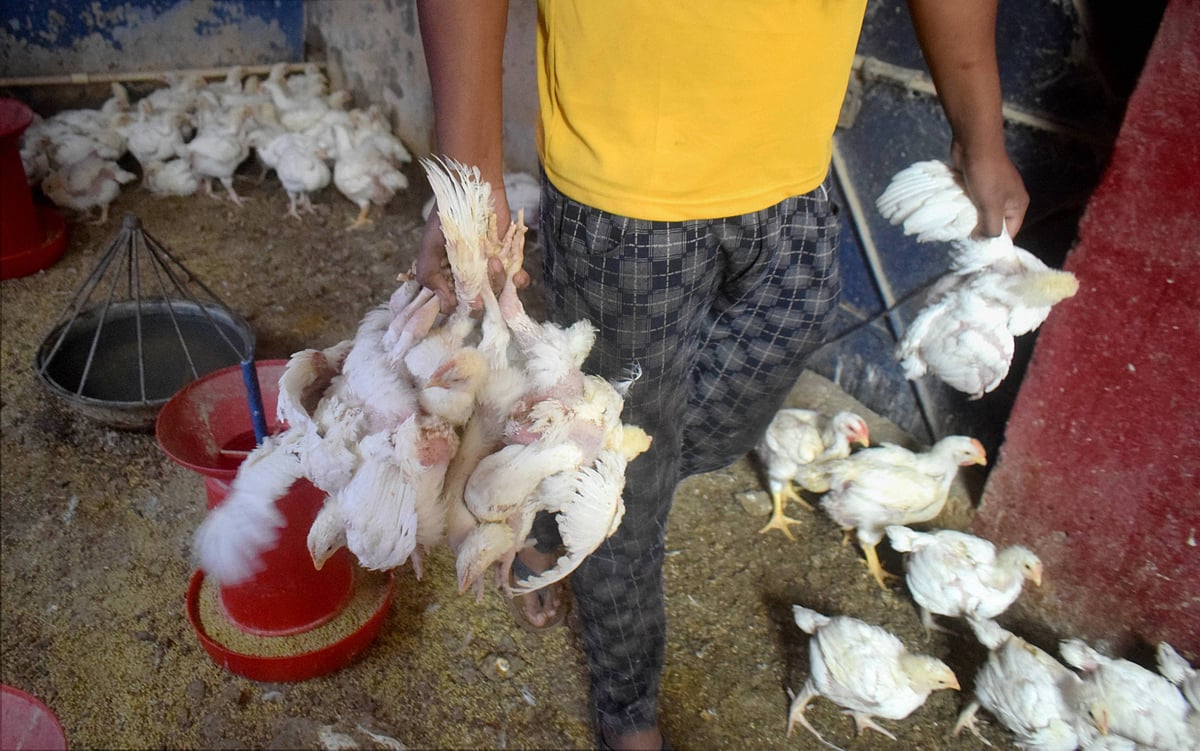Guillain-Barré Syndrome In Pune: Meat & Seafood Free Of GBS-Causing Bacteria, Report Shows | PTI Photo
The Food and Drug Administration (FDA) Maharashtra State had directed the Pune Municipal Corporation (PMC) for the testing of meat and seafood sold in the area from Rajaram Bridge to Khadakwasla which witnessed an increase in Guillain-Barré Syndrome (GBS) cases.
Following the directives of the FDA, the veterinary department of PMC inspected around 191 meat shops and samples of raw meat and seafood were sent to a laboratory in Kondhwa for analysis. The results, received on Tuesday, confirmed that all samples met the required safety standards and were free from contamination. This brings relief to the residents of the GBS-affected areas.
“The focus of PMC is mainly in the area from Rajaram Bridge to Khadakwasla which has witnessed an increase in GBS patients. The meat shops were inspected and samples of raw meat were sent to the labs for testing. Preliminary reports indicate no presence of GBS-causing bacteria in the meat and seafood and is fit for consumption. So we are also raising awareness and sharing guidelines to the meat shop owners,” said Dr Sarika Funde, head of the veterinary department, PMC.
During a video conference held on January 28 with the Chief Secretary of Maharashtra, concerns were raised regarding food safety in connection with GBS. Following the discussions, the FDA conducted an extensive survey of raw chicken samples on January 29, across PMC, Pune Rural and Pimpri-Chinchwad Municipal Corporation (PCMC) areas.
As part of this survey, 60 raw chicken samples were collected from 54 chicken shops and sent for laboratory analysis, 52 food establishments were inspected between January 27 and January 28 to ensure compliance with hygiene and food safety protocols.
The recent inspection conducted by PMC has confirmed that all tested meat and seafood samples are normal which brings respite to the business owners and the consumers.
PMC’s health advisory:
– Ensuring safe drinking water by boiling and filtering before consumption
– Thorough washing of vegetables and fruits
– Proper cooking of poultry and meat
– Avoidance of raw or undercooked food, especially seafood and eggs
– Maintaining kitchen hygiene by disinfecting surfaces and utensils after handling raw meat
– Practicing hand hygiene, especially before handling food and after using the toilet
